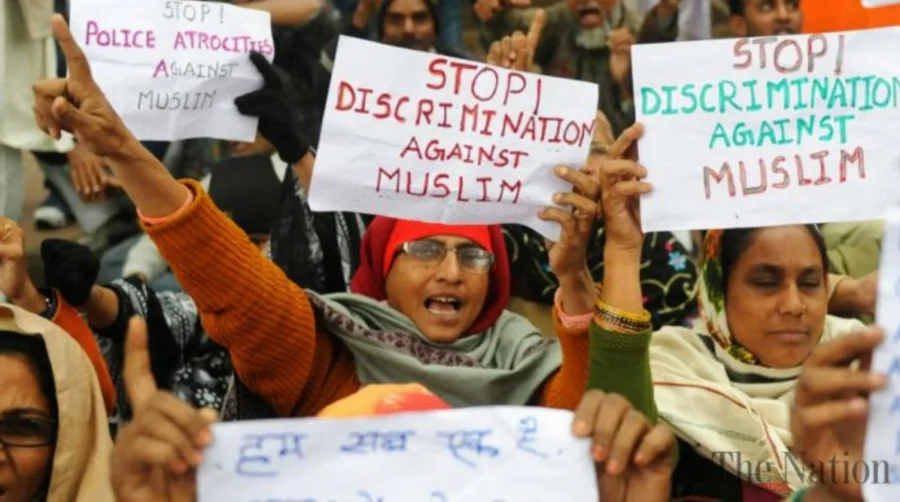The erosion of the rights of human rights defenders and religious minorities, use of repressive laws including counter-terrorism and money laundering to silence dissent, prolonged detentions, and killings feature today’s India as exposed by Amnesty International in its latest report.
The report “The State of the World’s Human Rights 2022/23” said the Indian government “selectively and viciously cracked down on religious minorities, and explicit advocacy of hatred by political leaders and public officials towards them was commonplace and went unpunished.”
It said that during the said period, the punitive demolitions of Muslim family homes and businesses were carried out with impunity.
“Peaceful protesters defending minority rights were presented and treated as a threat to public order. Repressive laws including counter-terrorism legislation were used rampantly to silence dissent. Authorities intimidated human rights defenders using digital technologies, including unlawful surveillance,” the report said.
Amnesty highlighted that Adivasis and marginalized communities including Dalits continued to face violence and entrenched discrimination.
It said that in a continuing pattern of harassment and intimidation, unlawful and politically motivated restrictions were placed on civil society organizations and human rights defenders including activists, journalists, students and academics.
On 14 July, the lower house of parliament banned a number of ordinary words from being spoken during parliamentary debates including, among others, “corrupt”, “sexual harassment”, “criminal”, “eyewash”, “incompetent” and “hypocrisy” to police the speeches of opposition members of parliament.”










